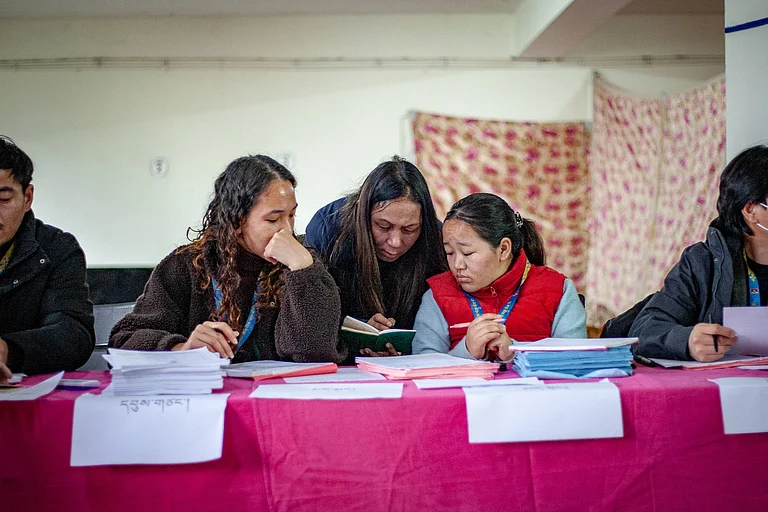The Supreme Court on Tuesday stated that voters do not have an 'absolute right' to be informed about every single asset owned by candidates participating in elections.
The top court bench consisting of Justices Aniruddha Bose and PV Sanjay Kumar said, "It is not an absolute right for any voter to delve deep into the private life of a candidate and each and every disclosure has to be of such nature which will impact the voting."
The apex court ruled that candidates are entitled to privacy concerning issues that are unrelated to their candidacy for public positions.
The bench also said, "It is not necessary that a candidate declare every item of moveable property that he or his dependent family members owns such as clothing, shoes, crockery, stationery, furniture etc., unless the same is of such value as to constitute a sizeable asset in itself or reflect upon his candidature in terms of his lifestyle and require to be disclosed."
What is the case all about?
The Supreme Court ruled in favour of Independent MLA Karikho Kri from Tezu in the 2019 Arunachal Pradesh Assembly election.
This decision overturned the Gauhati High Court's previous ruling that had invalidated his election.
The 2019 Assembly election result was challenged by Congress candidate Nuney Tayang, leading to the High Court declaring his election invalid during the hearing of a petition.
Tayang claimed that Kri had made inaccurate statements in his election nomination form by failing to mention that he was residing in a government-provided housing.
The petition also alleged that Kri failed to provide "No Dues Certificates" from the relevant department for the payment of rent, electricity, water, and telephone charges for the government accommodation.


























